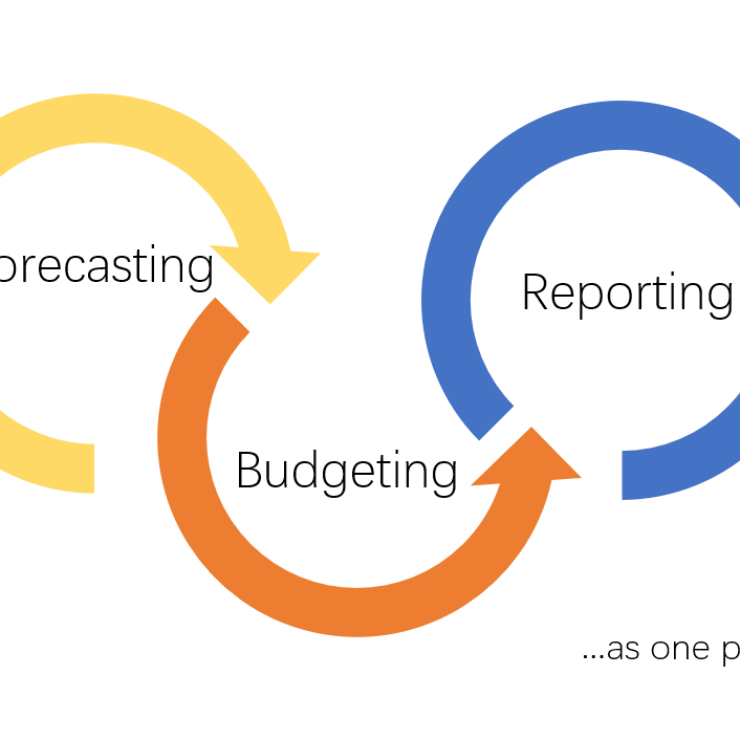Enterprise Resource Planning (ERP) systems are powerful tools that can revolutionize the way a business operates. They offer integrated solutions for managing core business processes, streamlining operations, and improving decision-making. However, the implementation of an ERP system is a complex undertaking that can disrupt established workflows and create resistance among employees. This is where change management plays a pivotal role in ensuring a smooth transition. In this blog, we will explore the importance of change management in ERP implementation and provide strategies for its successful execution.
The Role of Change Management in ERP openscope Implementation
Change management is a structured approach to transitioning individuals, teams, and organizations from their current state to a desired future state. In the context of ERP implementation, it serves several critical purposes:
1. Minimizing Resistance: Resistance to change is a common reaction when employees are asked to adopt new systems and processes. Change management helps identify sources of resistance and addresses them proactively.
2. Optimizing User Adoption: An ERP system’s success hinges on user adoption. Change management strategies ensure that employees are trained and prepared to use the system effectively, maximizing its benefits.
3. Reducing Disruption: ERP implementations can disrupt day-to-day operations. Effective change management minimizes downtime and ensures that critical business processes continue to function smoothly.
4. Managing Expectations: ERP implementations often come with high expectations. Change management sets realistic expectations and communicates the benefits of the new system clearly.
5. Monitoring Progress: Change management provides a framework for tracking progress, identifying issues, and making necessary adjustments throughout the implementation process.
Key Strategies for Effective Change Management in ERP Implementation
Implementing an ERP system is a significant change for any organization. To ensure a smooth transition, consider these key strategies:
1. Engage Stakeholders Early: Involve key stakeholders, including employees from various departments, in the decision-making process. Their input and buy-in are crucial for successful adoption.
2. Create a Clear Vision: Develop a compelling vision for the ERP implementation. Communicate why the change is necessary, what benefits it will bring, and how it aligns with the organization’s goals.
3. Develop a Comprehensive Communication Plan: Communication is central to change management. Craft a communication plan that includes regular updates, training schedules, and opportunities for feedback.
4. Provide Adequate Training: Invest in comprehensive training programs to equip employees with the skills they need to use the ERP system effectively. Offer ongoing support to address questions and concerns.
5. Identify and Address Resistance: Understand that resistance is natural and may stem from fear, uncertainty, or misinformation. Address resistance through open dialogue, addressing concerns, and showcasing success stories.
6. Pilot Testing: Conduct pilot tests with a small group of users to identify and resolve issues before full implementation. Use their feedback to fine-tune the system.
7. Manage Data Migration Carefully: Data migration is a critical aspect of ERP implementation. Ensure data accuracy and integrity to prevent disruptions to business operations.
8. Set Realistic Milestones: Break the implementation process into manageable phases with clear milestones. Celebrate achievements along the way to maintain motivation.
9. Continuous Improvement: After the ERP system is live, continue to gather feedback and make improvements based on user experiences and changing business needs.
10. Evaluate and Celebrate Success: Regularly assess the ERP system’s impact on the organization. Celebrate successes and acknowledge the hard work of employees who embraced the change.
Change management is a crucial component of successful ERP implementation. It helps organizations navigate the complexities of adopting new technology, ensuring that the transition is as smooth as possible. By engaging stakeholders, providing thorough training, addressing resistance, and maintaining open communication, businesses can maximize the benefits of their ERP systems while minimizing disruptions. Remember that change is a journey, and effective change management is the compass that guides an organization toward a more efficient and competitive future.




